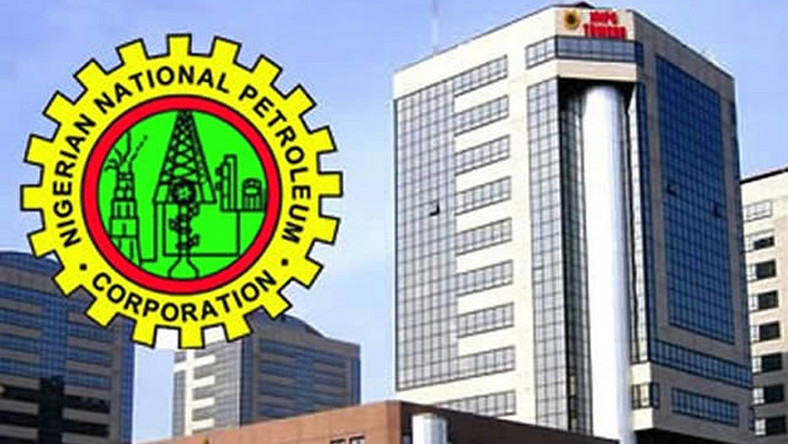NNPC Recorded N344.6bn Losses In 2018 – Report

The Nigeria National Petroleum Corporation (NNPC) recorded N344.6 billion losses in its 2018 operations, a new report by the Nigeria Natural Resource Charter (NNRC) has shown.
According to the 2019 Benchmarking Exercise Report (BER) conducted by the NNRC, the losses which eroded on the profits of the corporation was recorded mostly by some inefficient subsidiaries within the NNPC group.
A breakdown of the losses shows the NNPC corporate headquarters with the highest losses of N158.6 billion followed by the Port Harcourt refinery with a N57.2 billion losses in 2018.
Others are Warri refinery; N41 billion, Kaduna refinery; N33.4 billion, Pipeline and Storage; N24.3 billion, NNPC Shipping; N18.3 billion and Ventures recording N11.8 billion losses in the year under review.
The report noted that while state owned enterprises like the NNPC in many resource rich countries are working to contribute to the backbone of their economies, the NNPC has remained inefficient due to the absence of vital reforms.
The 2019 BER observed that although the corporations performance improved slightly compared to 2017, it was still graded in ‘Red’ meaning an overall poor performance under Precept 6 which expects nationally owned companies to be accountable, with well-defined mandates and an objective of commercial efficiency.
“There are some subsidiaries within the NNPC group that significantly need to be more efficient as they continue to make losses that erode the profits of the entire group,” the BER stated, adding that “The N344.6 billion losses recorded by the corporation in 2018 alone could have provided 57,449 low cost houses for Nigerian families.”
The research further observed that inefficiencies, conflict of interest and underperformance continue at the NNPC as President Muhammadu Buhari’s failure to assent to the Petroleum Industry Governance Bill (PIGB) continue to limit opportunities for reforms.
The continued losses recorded by the nation’s three grossly inefficient refineries, with a cumulative of N131.64 billion in 2018 alone, was a key concern in Precept 6 of the 2019 BER.
The report also highlighted the fact that the NNPC audited report is not readily available to the public like its monthly financial and operations report, as a challenge.
The NNRC biennial BER measures 12 specific areas known as Precepts, of natural resource governance in which a country needs to improve in, to successfully ensure that resource wealth benefit the citizens.
They are Precepts 1 – 12 which are: strategy, legal and institutional framework; transparency and accountability; exploration, licensing and monitoring operations; taxation and other company payments; local impacts; state-owned enterprises; investing for growth; stabilizing expenditure; public spending; private sector development; role of extractive companies; and role of international community, respectively.
A country’s performance against the 12 Precepts are rated in Green, Amber and Red; with Green meaning excellent, Amber meaning average and Red, poor performance. Under the 2019 BER Nigeria failed to record any green, it recorded 10 Ambers and two Reds, specifically in Precepts 5 which is Local Impacts and Precept 6 which deals with governance of the State-owned enterprises.





























